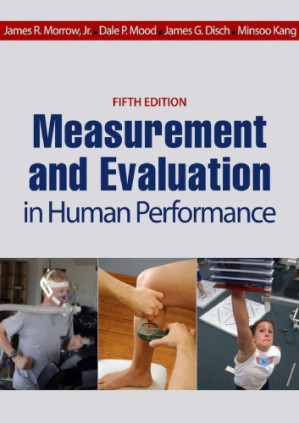Sale!
Measurement and Evaluation in Human Performance (5th Edition)
Original price was: $39.99.$24.99Current price is: $24.99. $19.99
Download Measurement and Evaluation in Human Performance (5th Edition) written by James R Morrow Jr. ; Dale P. Mood ; James G. Disch ; Minsoo Kang in PDF format. This book is under the category Physics and bearing the isbn13 numbers 1450470432/9781450470438. You may reffer the table below for additional details of the book. We do NOT provide access codes, we provide eBooks ONLY. Instant access will be granted as soon as you complete the payment.
Additional information
| book-author | Dale P. Mood, James G. Disch, James R Morrow Jr., Minsoo Kang |
|---|---|
| publisher | Human Kinetics |
| file-type | |
| pages | 759 |
| language | English |
| isbn10 | 1450470432 |
| isbn13 | 9781450470438 |
Related products
- Sale!

College Physics: A Strategic Approach (3rd Edition)
Original price was: $39.99.$24.99Current price is: $24.99.$19.99 - Sale!

Physics 5th Edition by James S. Walker
Original price was: $39.99.$24.99Current price is: $24.99.$19.99 - Sale!

Classical Dynamics of Particles and Systems (5th Edition)
Original price was: $39.99.$24.99Current price is: $24.99.$19.99 - Sale!

Protein Physics: A Course of Lectures (Soft Condensed Matter; Complex Fluids and Biomaterials) – 2e
Original price was: $39.99.$24.99Current price is: $24.99.$19.99
